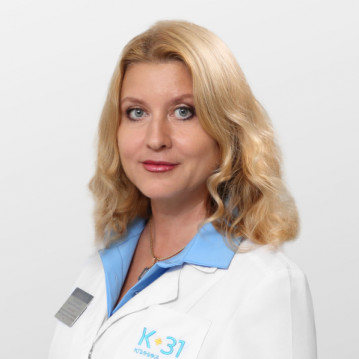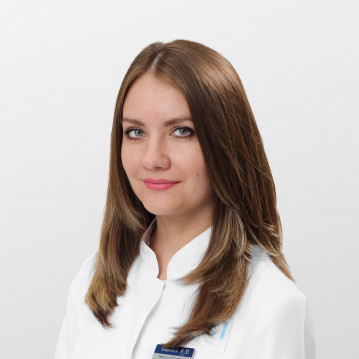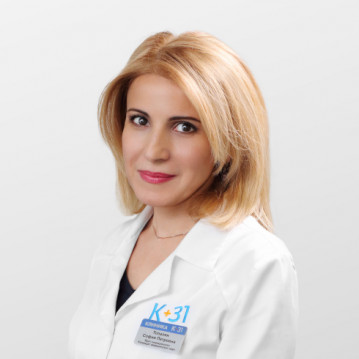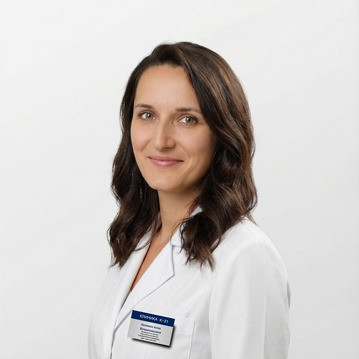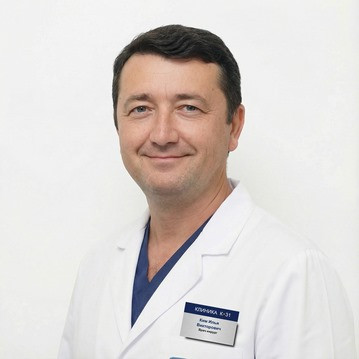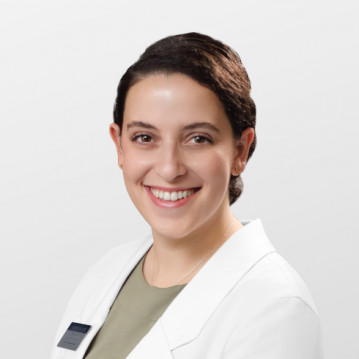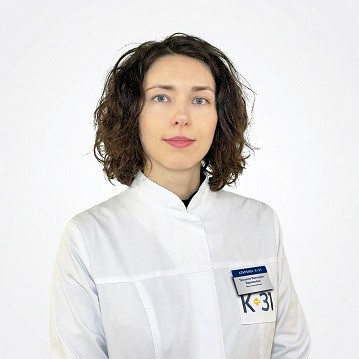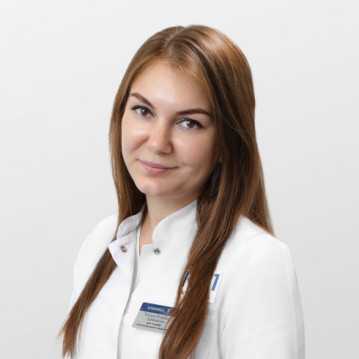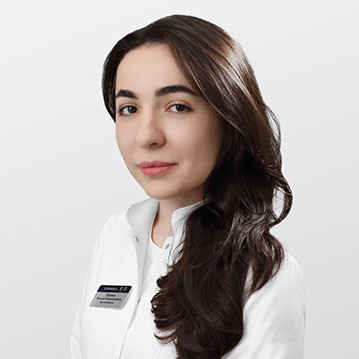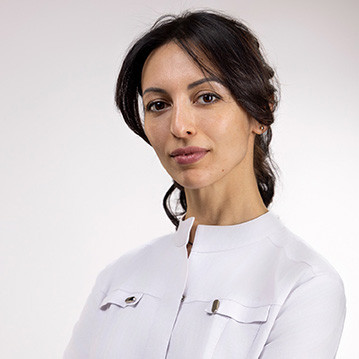Complications
Endocrinologists have a sad saying: “Nothing hurts with diabetes, because when it hurts, it will be too late.” Feeling good can be very deceptive if a person has DM. In fact, elevated sugar levels “hit” small and large vessels, leading to the development of irreversible complications. This is due to the fact that the cells of the body are gradually destroyed, the work of various tissues and, as a result, functions are disrupted. For example, on the part of the skin, this can be noticeable in the appearance of trophic ulcers, non-healing cuts, etc. Most often, diabetes affects the eyes, kidneys, and legs.
Any endocrine problems associated with hormones require immediate diagnosis and treatment, and type 1 and type 2 diabetes mellitus, which is dangerous for the body, is no exception. It not only reduces the quality of life, for example, in dentistry, surgery, gynecology, cosmetology imposes restrictions on surgical interventions due to poor tissue healing, but also threatens with an early death.
The most common complications:
- Diabetic retinopathy is a retinal lesion. For a long time it remains unnoticed for a person, since at first it does not affect visual acuity: retinal damage begins from the periphery, which is less important for vision than the central zones. However, these lesions are not reversible, so early detection of these changes is very important.
- Cataract - develops in patients with diabetes at a younger age than in people without diabetes.
- Diabetic nephropathy, in which the renal glomeruli are affected - a filtering apparatus that cleanses the blood of toxins, which can ultimately lead to the development of kidney failure.
- Chronic urinary tract infections (pyelonephritis and others). May be asymptomatic, but significantly accelerate the progression of diabetic nephropathy.
- The defeat of the cardiovascular system. At a younger age, coronary heart disease, myocardial infarction, and chronic cerebrovascular accident develop.
- The defeat of the lower extremities. Currently, up to 70% of all limb amputations are performed in patients with diabetes. It is estimated that every 30 seconds a diabetic patient's lower limb is amputated somewhere in the world.
Diagnosis
Epidemiologists believe that the actual prevalence of type 2 diabetes mellitus is 3-5 times higher than that recorded by referrals. It is important to understand that with early diagnosis of initial disorders of carbohydrate metabolism (in everyday life they are called “pre-diabetes”), lifestyle changes and timely treatment can delay the onset of diabetes mellitus for a long time, and in 30% of cases lead to recovery.
At the K+31 Medical Center, you will be able to undergo all the necessary diagnostics as soon as possible to answer the question of whether you have prediabetes or diabetes mellitus. We are for an integrated approach, which primarily includes analyzes of:
- Complete blood count.
- Blood glucose test
- Glycated hemoglobin.
- Lipid profile.
For an accurate diagnosis of diabetes, a glucose tolerance test is required to determine the level of insulin sensitivity to glucose. In addition to laboratory studies, others are possible, including ultrasound of the pancreas and thyroid gland, ultrasound of the kidneys, veins, etc. This is necessary for the timely detection of complications, for example, with damage to the vessels of the lower extremities. At the reception center, the doctor selects an individual diagnostic complex for each patient.
Treatment of diabetes mellitus
K+31 Medical Center offers management of patients with diabetes under the supervision of a whole team of doctors: a diabetologist, a cardiologist, an oculist, a neurologist. The available diagnostic equipment allows us to identify complications at an early stage, and our specialists will promptly make the necessary correction in therapy and select effective means of solving the problem.
Diabetes mellitus is not completely curable, but the methods of modern medicine make it possible to constantly maintain the level of sugar as close to normal as possible. Among the criteria for successful compensation of violations (against the background of ongoing drug therapy and diet), there are:
- Glycated hemoglobin below 7%.
- Fasting blood glucose less than 5 mmol/l - 6.5 mmol/l.
- The blood sugar level of food intake is not higher than 10 mmol/l.
- Cholesterol not higher than 4.8 mmol/l.
- Triglycerides not more than 1.8 mmol/l
- Pressure within limits not exceeding 130/80 mmHg.
The success of his treatment is not determined by thoughtless medication. Diabetes is a way of life, a disease that requires cooperation between the patient and the doctor. No popular literature or listening to lectures can replace one-on-one communication with a diabetologist who will help you gain the skills you need to manage your disease on your own.
You will learn how to independently control blood sugar and urine acetone, stop hypoglycemic conditions, take care of your feet, choose the right shoes, and come to competent weight loss. You will learn how to organize your vacation and cope with jet lag, how to plan physical activity and adjust the dose of a hypoglycemic drug (or insulin). The doctor will introduce you to the basics of rational nutrition, teach you how to take into account bread units, the glycemic index of foods, the amount of fast and slow carbohydrates, and the calorie content of food. Taking into account these points will allow you to avoid unreasonably "hard diets", and you will still enjoy food without harming your health.
The whole process of treatment takes place under the constant supervision of specialists, this applies to all types of diabetes (first, second). We use only proven and modern methods of diabetes treatment and provide assistance to everyone. If necessary, the patient can be placed in a hospital (when the condition worsens or the need for constant monitoring of tests and a large examination is necessary).
